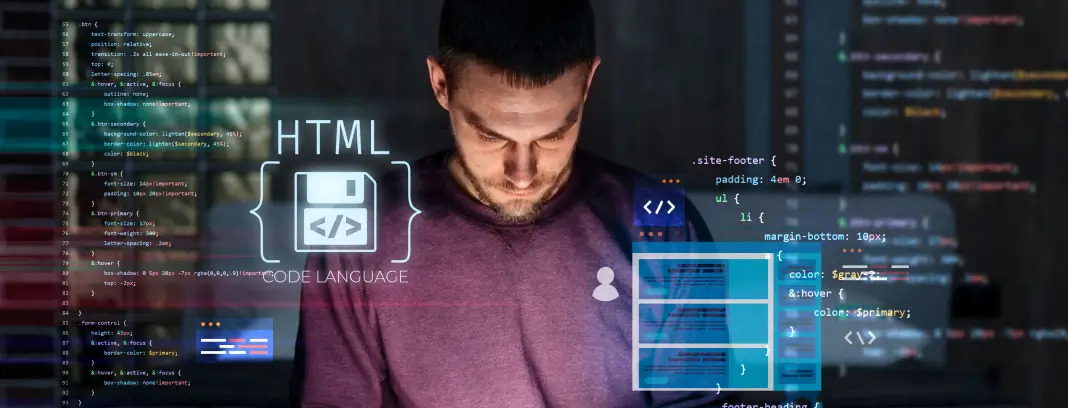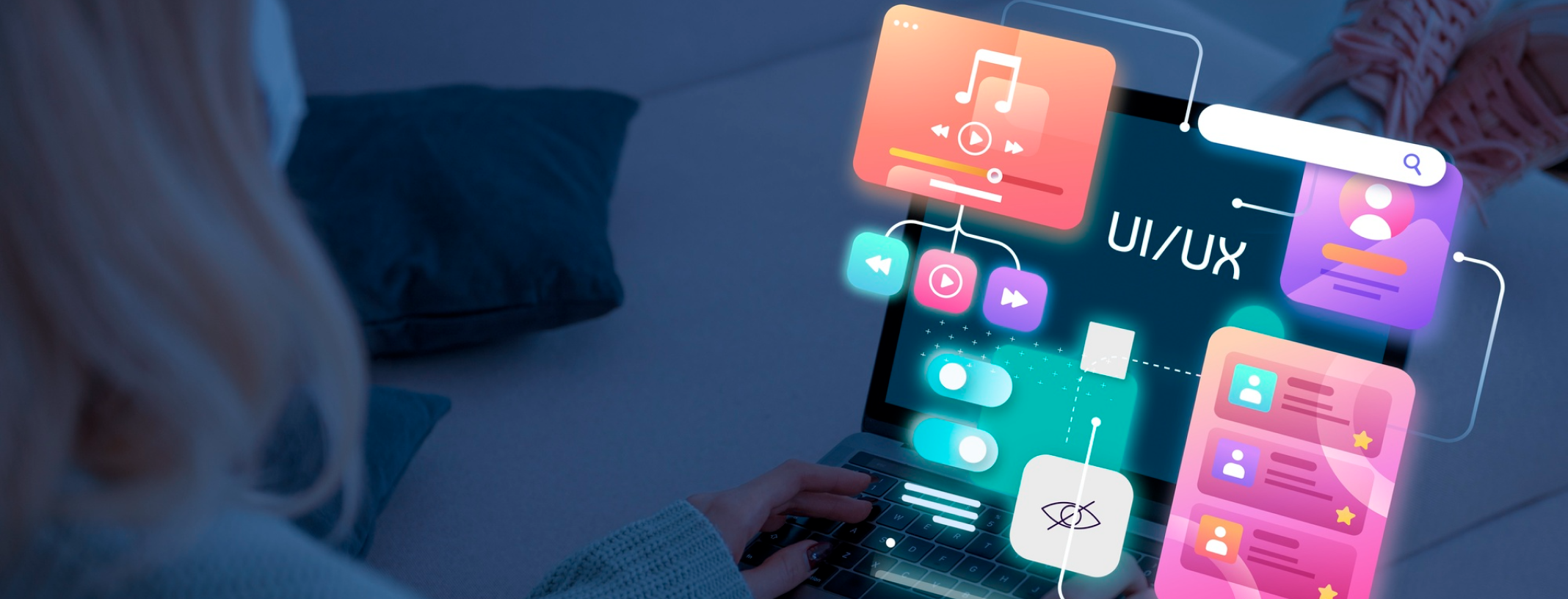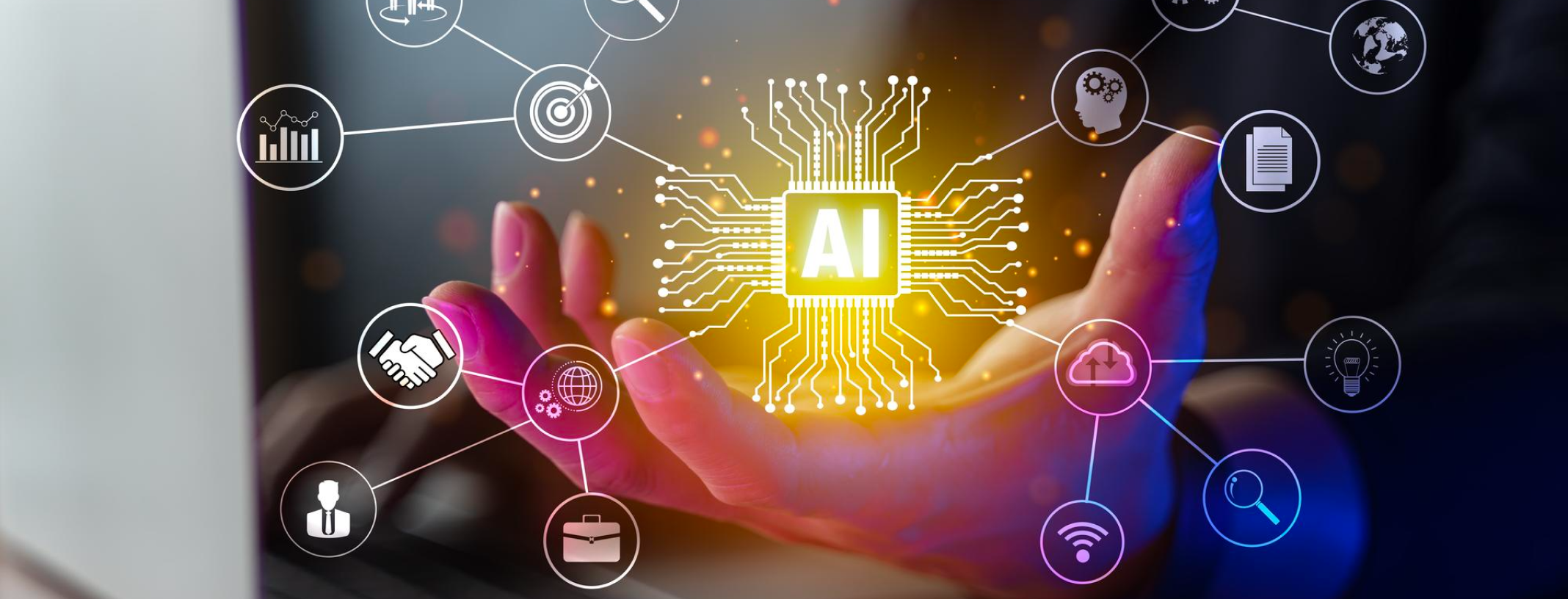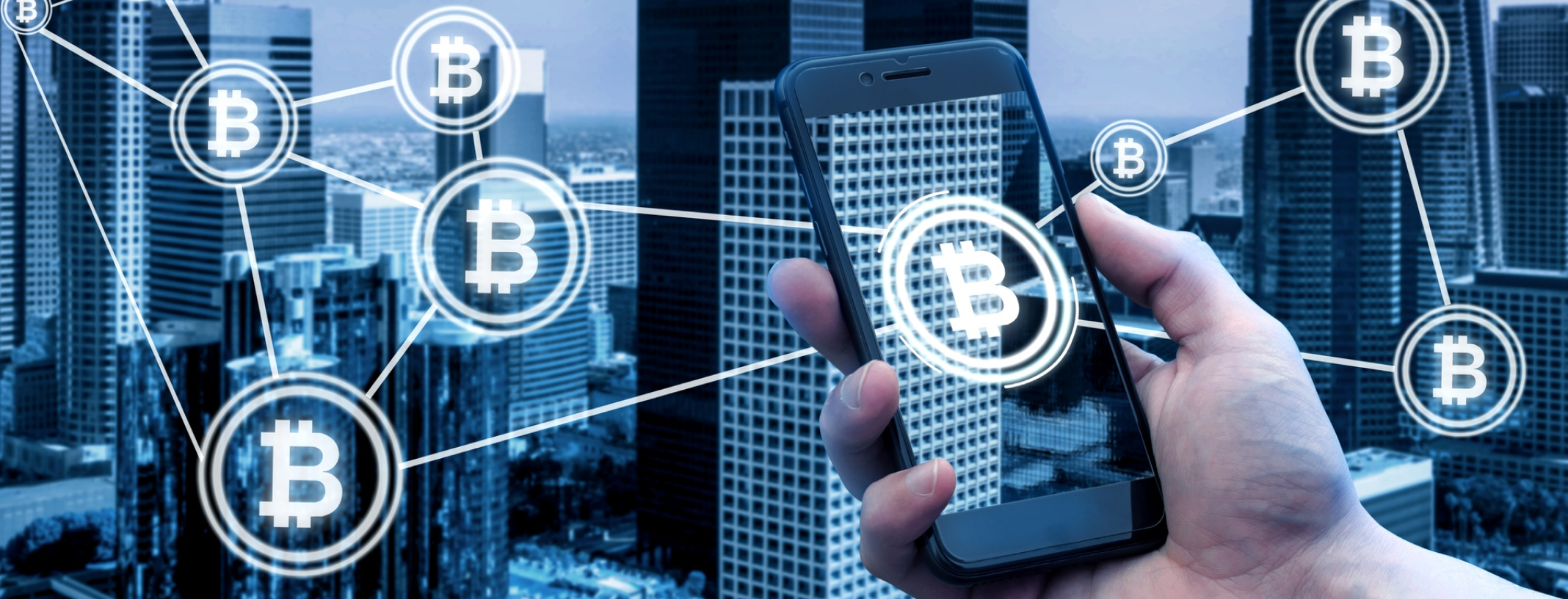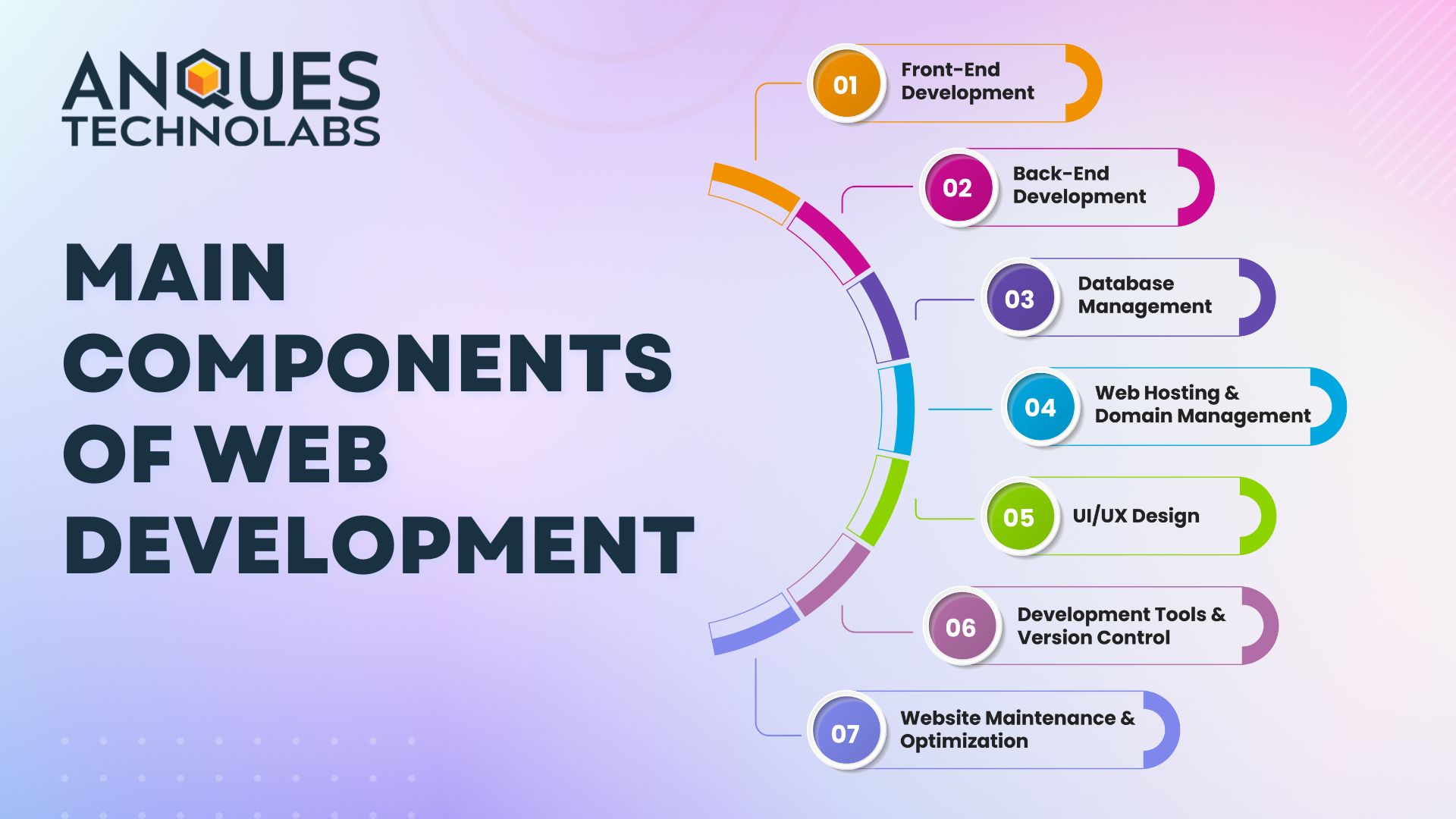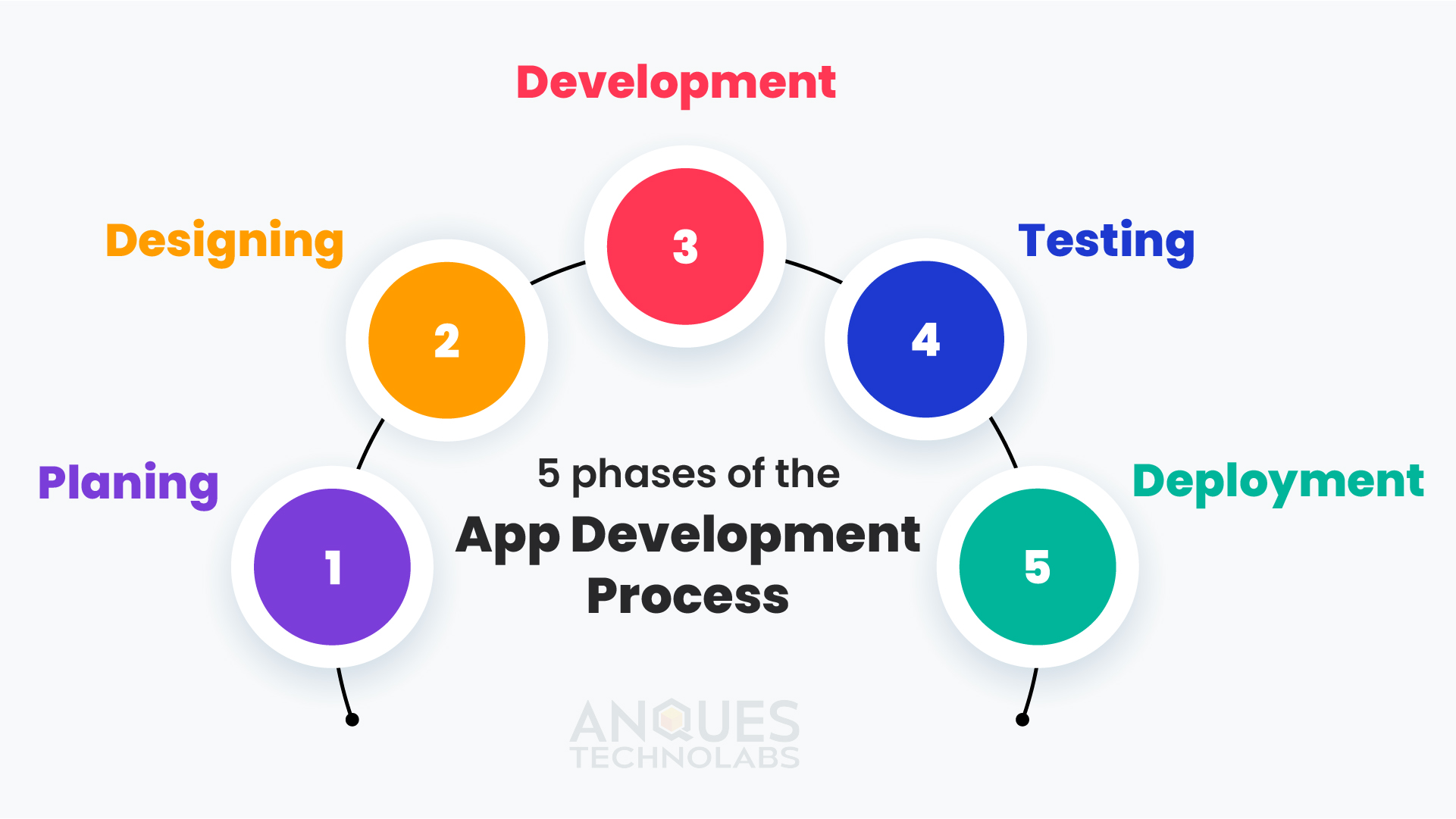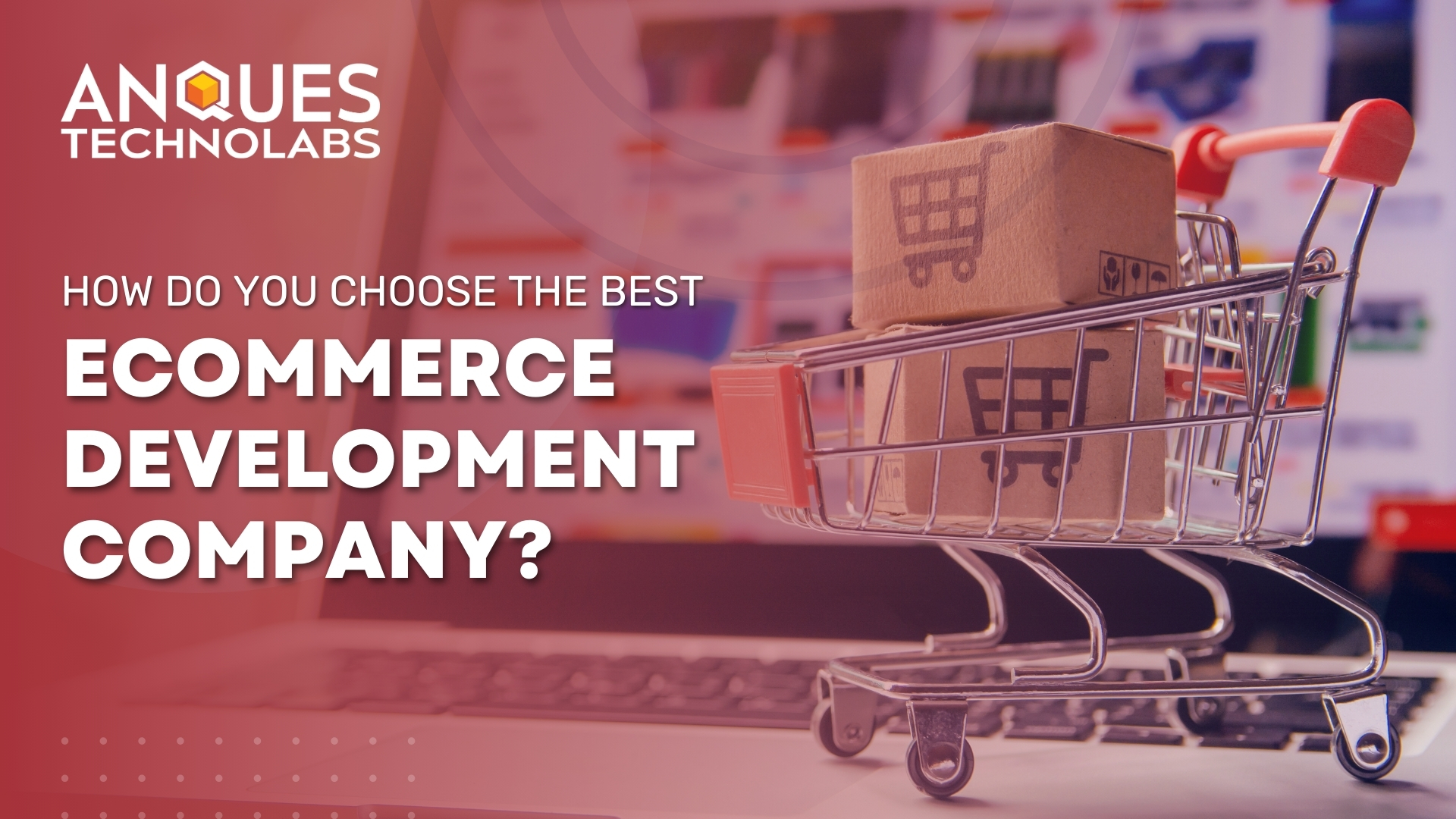Medical apps are appearing on mobile screens at a rapid pace. According to reports, more than 260,000 medical-related apps have been launched till now. However, around 5-10% of these apps are genuine. Many apps launching in the market are underdeveloped with no quality checks. Despite this trouble obstacle, the healthcare industry has become dependent on these apps for better communication and sophisticated solutions. Furthermore, technological advancements have made it easier for patients to get medical attention without having to go through the hassle of visiting hospitals or clinics.
What Is An On-Demand Healthcare App?
The Doctor on-demand app is an innovative app that allows doctors and patients to communicate remotely. This app comes with a number of important features that make online consultations go more smoothly. Great ways to provide service to end customers are now more common in the healthcare industry, both altruistically and financially.
Why Do People Use On-Demand Healthcare App?
The days when people were waiting in long lines for treatment and medical expenses in hospitals are over. Digital health solutions have radically changed the health system. Today, digital health is the cornerstone of an evolved health system around the world. According to a Statista report, the global market for mobile medical apps was estimated to be around $ 2.4 billion in 2017. The market is estimated to grow to over $ 11 billion by 2025.
These are some of the reasons why on-demand health apps are gaining popularity in the healthcare industry.
#1 Save Time and Dollars: The first reason for the growing popularity of on-demand medical apps is to save time and money. When you hear the name of a hospital or clinic, the first thing you notice is a long line of waiting rooms and patients, which are usually frustrating and time-consuming. With the help of mobile applications, people can easily book advance reservations and see a doctor at the agreed date and time. This not only saves time but also reduces costs incurred during transportation.
On the other hand, hospitals also receive a lot of support from these apps. Today, doctors and healthcare providers can comfortably visit patients at home and provide the treatment they need. This creates space for patients in need of intensive care. Medical professionals believe that this practice will reduce unnecessary emergency physician consultations and additional costs of medical equipment.
#2 24/7 Medical Assistance: Another important reason for the growing popularity of on-demand medical apps is the 24/7 medical service. Patients can get medical assistance as needed. All they have to do is contact their doctors via the mobile health app and get immediate treatment.
#3 Eliminates Paperworks: Patient data is of paramount importance to all medical organizations. A single mistake or loss of data can cost a healthcare provider millions. On-demand health care apps offer significant benefits to healthcare companies. It comes with a variety of features for the highly secure management of patient data. This gives professionals access to the data on their devices, eliminating the need for large files and paperwork. With just a few clicks, doctors and medical staff can get all the information about their patients.
On the other hand, it also helps patients because they don’t have to fill out multiple forms repeatedly. You can upload all the information at once. This information is automatically stored in the platform’s database and can be used later to generate invoices, certificates, reports, and more.
#4 Better Productivity and ROI: On-demand healthcare app relieves the pressure of healthcare providers and allow them to focus on better care and treatment of their patients. Physicians can keep track of patients without worrying about other administrative tasks, which can generate more revenue for the hospital and increase staff productivity.
#5 Enhance Communication Between Doctors and Patients: On-demand health care apps play an important role in improving communication between doctors and patients. These applications allow patients to reach out to their doctor with a simple appointment and receive appropriate treatment. You don’t have to go to the clinic or hospital or take care of your medicine. Various features such as voice, video, and audio chat allow patients to explain their medical problems to their doctors in a way that they can understand, ultimately improving the doctor-patient relationship.
How Does An On-Demand Healthcare App Work?
The methods for using an on-demand health care app are straightforward:
1. Timely Appointment
You can easily arrange a doctor’s appointment via the app. At the time of booking, you will get symptoms, medical history, and insurance policy details.
2. Doctor’s Visit
Other than visiting a hospital, you can call your doctor or nurse at the address provided. He/she will see you based on the symptoms discussed. Then they prescribe medicines and tests.
3. Payment
You can pay your doctor’s fees through the app itself. Mobile apps usually display the doctor’s fee before making an appointment.
4. Reports
Some on-demand apps share digital reports or summaries of services. These documents can be saved for documentation purposes.
Benefits aren’t limited and Android app developers are timely customizing and updating their apps to significantly improve their medical services. Additional services are available for on-demand apps, including:
- Blood test
- Flu shots
- Virtual help for colds and headaches
- Family health assessment
Read Also: How To Develop a Flight Booking Mobile Application?
Feature Highlights Of The Doctor On-Demand Healthcare App
When hiring a mobile app developer for your project, you need to pay attention to the components of your app and the developer’s ability to create something unique. The app should be developed for both primary and emergency vehicles. The On-Demand Doctor consists of three components:
Patient App Features
The app known as the User App, helps patients book appointments, contact doctors, and order medicines.
Sign Up
Patients can easily log in or register by entering their mobile number or email into the app. It also provides two-factor authentication via SMS or phone to protect sensitive patient data.
Search Doctors
This will help you find the right doctor. Alternatively, the user can find a doctor if needed. Users can simply browse the issue or search for a doctor by name. Search example: Dr. ABC, Physiotherapist, Pediatrician, etc.
View Doctors Profile
This feature helps patients know more about their doctor’s specialization, photos, consultation fees, previously treated cases, degrees, etc. when choosing a treatment.
Appointment booking
The patient or user can make an appointment with a doctor here. Dates can be considered feasible. The appointment is communicated to the doctor and the patient at the same time.
Appointment reminder
Once the appointment has been set. You continue to receive reminders. It helps the patient remember the patient and not miss the visit.
Virtual consultation
If no meetings are required and social distance is required to visit the patient. Video advice is an important medium of advice. Doctors can schedule an online video to assess symptoms and well-being and discuss treatment plans.
Select Payment Mode
We provide patients with easy payments using a variety of payment methods. If possible, you also have the option to choose a health plan, insurance, etc.
Review and Ratings
Patients can give their physicians evaluation and feedback on treatment and performance. This feature also helps patients select a doctor by reviewing their ratings and feedback.
Doctor’s App Features
The Doctor Portal section is designed to help doctors schedule their appointments. They can schedule cancellations and avoid wasting time unnecessarily.
Doctor Panel
The Doctors app allows doctors to stay in touch with their patients. They can also organize your calendar according to your virtual and bring-in appointments.
Accept or Reject Appointment
In the absence of an emergency, the doctor can accept or reject the patient’s appointment request. They can also decline your request if they are busy, have a busy schedule, or are out of town.
Schedule Appointment
By creating the Doctor On Demand app, doctors can save appointments and schedule appointments precisely. In particular, inquiries about these apps remain genuine to the extent possible. Less risk of wasted time.
Video Call
The doctor’s app includes a video calling feature. This allows doctors to communicate with patients via video calls and receive information about the symptoms patients should have so that they can better cope with health issues.
In-app Messages
The doctor can share the prescription at any time and give the patient all the instructions. Doctors can check tests and treatments and solve drug problems without having to call the patient to the clinic.
ePrescription
If the doctor is unable to take care of the patient, or if the patient is unable to contact the doctor, the doctor can issue a database-protected online prescription to the patient.
Admin Panel Features
Administrators often undertake this from a mobile app developer that takes into account all the requirements of the app, from managing a doctor to contacting a patient.
Database
The administration panel displays a patient database with the correct details and health issues. All data is safely stored to track the patient’s health and make medical decisions.
Manage Doctor
The admin portal also manages doctor data. Administrators can add and remove doctors if they find a problem or at the end of their subscription. The administrator can also view the entire profile.
Check Availability
This feature allows the administrator to check the availability of doctors and make appointments. In case of cancellation and reschedule, the administrator can postpone or cancel the appointment.
Marketing tools
Administrators also manage marketing tools and provide health checks according to retention strategies.
Which Top Technologies Have Strengthened The Healthcare Sector?
Technology has played a key role in the growing popularity of the health sector. Today, key technologies such as artificial intelligence, IoT, big data, blockchain, AR, VR., 5G, etc. cover most of the digitization of the healthcare sector.
#1 Blockchain: Blockchain technology helps healthcare facilities keep their data secure and more responsive. This technology facilitates the secure transfer of patient records, manages the medicine supply chain, and helps medical researchers decode the genetic code. This makes the entire healthcare system more reliable, safer, more reliable, more transparent, and faster.
#2 Big Data: Healthcare big data is a blessing because it helps us manage large and complex health care data electronically. Traditional software and hardware used in medical institutions typically cannot process large files such as hospital records, patient records, and medical examination results. Big data plays an important role here. Today, big data is widely used in healthcare, from diagnostics, preventive medicine, medical research to precision medicine.
#3 A.I. in Healthcare: The latest technologies such as A.I. and ML have revised the labor paradigm of healthcare. These technologies are transforming the burden of using EHR (Electronic Health Record). People usually spend most of their time on clinical documentation, order entry, and inbox sorting, but the advent of speech recognition and dictation has improved the clinical documentation process. In addition, A.I. Brings intelligence to medical devices and machines that help healthcare professionals better identify their health status.
#4 Virtual Reality: Most people associate virtual reality with games, but technology now has a major stake in health care. The introduction of VR into healthcare has great benefits not only for doctors but also for patients. This technology allows doctors to virtually pass 360 ° V.R. Reconstruction of their anatomy and pathology. It helps doctors learn more about their health. On the other hand, it relaxes the patient to easily deal with anxiety, depressed emotions, and loneliness. According to a survey in the United States, 100% of respondents said that wearing a headset improved the hospital-wide experience.
Useful Read: How to Develop an Educational App in 2022?
How Much Does It Cost To Build An On-Demand Healthcare App?
On-demand healthcare app development cost depends on several factors including application type, features, functionality, application platform, size, complexity, working model, integration third-party agency, and more importantly, a mobile app development agency that you hire or hire mobile app developers for the project.
Considering all these factors, we’ve covered the average price range for building on-demand medical apps below:
- A simple on-demand health care app with features such as bookings, reports, and documentation costs about $ 120,000 to $ 20,000.
- Medical Apps with advanced features such as video conferencing, audio chat, and diagnostics cost between $ 25,000 – $ 50,000.
- Apps with new technologies such as AI, AR, and VR cost more than $ 90,000 to $ 150,000.
Final Words:
Health apps have become an integral part of our daily lives as they have made it so much easier. Complex tasks can be done easily and difficult decisions can be made easily.
If you have any doubts about which IT company to choose as a healthcare app developer, we are happy to help. Our professionals are highly qualified and hard-working. We have a strong background, know everything about mobile application development, and we are ready to take on any challenge in the mobile health industry.
